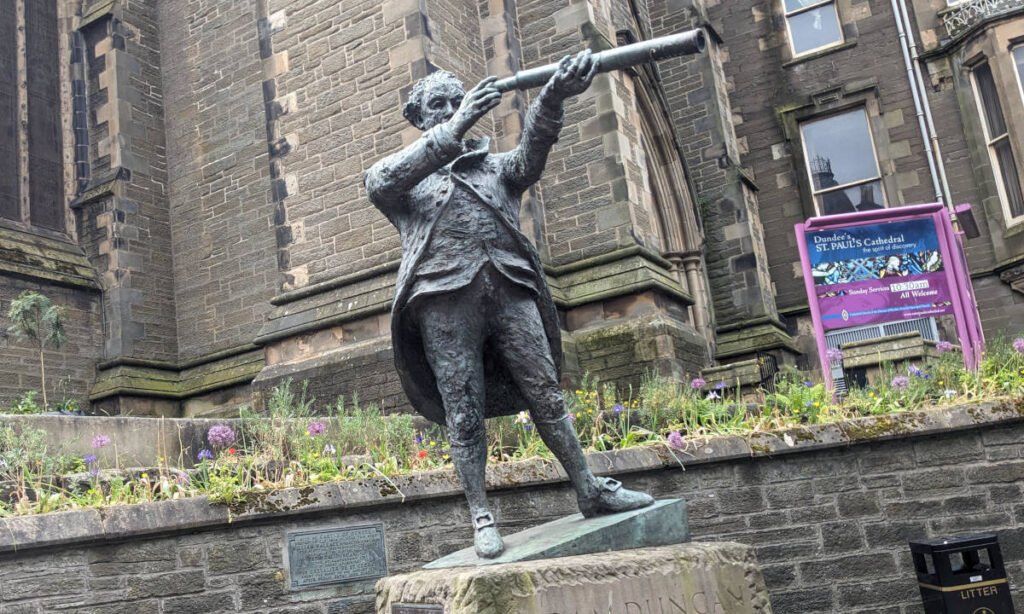1st July 1731
Naval hero Admiral Adam Duncan is born in Dundee
Dundee-born Adam Duncan joined the Royal Navy aged 15, and served for the next 17 years. He saw action off the coast of North America, Cuba, and in the Mediterranean, before retiring, briefly, to his native Dundee. However, he was back at sea within a couple of years, and did service off Gibraltar and Portugal.

Battle of Camperdown
Admiral Duncan is best remembered for his success against the Dutch fleet in the Battle of Camperdown. The Dutch were, at the time, under the influence of France, which was itself still trying to define its place in the world in the wake of the French Revolution. Napoleon Bonaparte was capturing territory on France’s borders, and Britain, to the north, felt the need to defend itself.
To this end, Admiral Adam Duncan was dispatched to the Netherlands to engage the Dutch fleet as it headed for Ireland. Sailing from Great Yarmouth, he spotted the Dutch ships close to the village of Kamperduin – Camperdown in English – from which the ensuing battle took its name.
British triumph
The two sides were evenly matched, with the Dutch possessing 26 vessels to the British contingent of 24, and Duncan directed his ships into the centre of the Dutch formation, so as to split the Dutch fleet in two. It was an unconventional move that paid off.
Every Dutch ship was either sunk in the battle or captured, while Britain lost none of its own. And, although around 600 men on each side were injured, only around 200 of Duncan’s men were killed, compared to almost 550 deaths on the Dutch ships. In excess of 3500 Dutch sailors were also taken prisoner; none of Duncan’s men were captured.
Admiral Duncan and Dundee
Adam Duncan was generously rewarded upon his return to Britain, being granted the hereditary title Viscount Duncan and a considerable pension. The money from this pension was later used by Duncan’s family to build Camperdown House, north west of Dundee city centre, the grounds of which now form Dundee’s largest public park.
Two hundred years after the Battle of Camperdown, Dundee itself marked the anniversary with the unveiling of a statue of Admiral Duncan outside the city’s cathedral.
Admiral Duncan died on 4 August 1804 and is buried close to Dundee.
